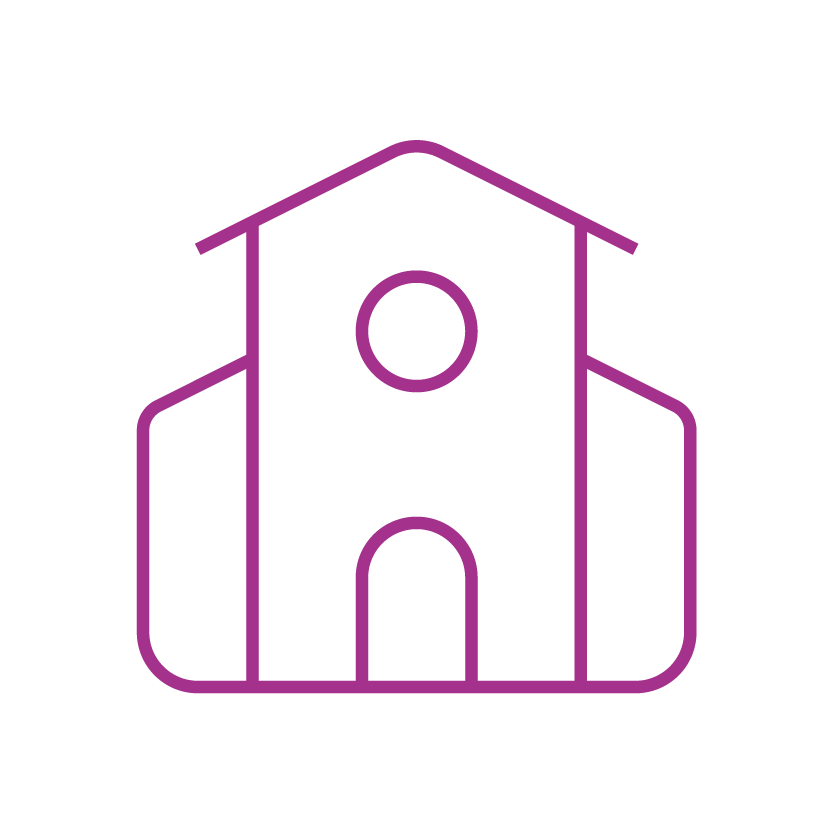Services
Every learner thrives when teaching is tailored to their unique needs, strengths, and interests.
That’s why we partner at both the system and school levels, with tailored approaches for leaders, teachers, support staff, parents, post-secondary, and students. Our services bridge research and practice, with responsive and student-centered systems and structures that empower all stakeholders.
Give us a call to discuss how we help you meet your goals with a learning tailored to your needs.
-

Professional Learning
We bring the latest in academic research and actionable guidance to a wide audience in the form of series, workshops, and keynotes.
-

Coaching
We offer targeted, personalized sessions, that include follow-up email support and materials.
-

Classroom Instructional Modelling
We translate professional learning into practical classroom action by modelling lessons in real classrooms with real students.
-

Community-Based Research
We support with school-based research projects through grant proposal development, research design, data collection and analysis , and co-authoring of final reports.
Areas of Expertise
-
We help educators from junior kindergarten to high school design reading instruction that is research-informed, culturally responsive, and deeply connected to students’ lives. Our expertise lies in building teachers’ understanding of the essential skills, how they develop, and how to respond to diverse learners, empowering all students to become confident, critically engaged readers.
-
We help educators from junior kindergarten to high school design writing instruction that is research-informed, neurologically grounded, and strategically taught. Our work focuses on six critical skills and understandings all students need to become competent writers, woven into meaningful, targeted practice that strengthens skills and deepens engagement. By fostering strong writing communities built on effective feedback, shared strategies, and a culture of support, we help students develop their full potential as confident, capable authors.
-
We help educators design reading and writing instruction that is research-informed, high-leverage, and deeply engaging. Drawing on our Framework of Principles for Reading and Writing Instruction, we model how to embed proven strategies into daily practice, resulting in students who are proficient, strategic, and motivated readers and writers, confident in using their skills for their own purposes.
-
We help leaders create the conditions for consistent, high-quality literacy instruction across classrooms and schools. By combining research from literacy instruction, professional learning, and pedagogy, we’ve developed tools that help leaders provide targeted feedback, grow teacher expertise, and increase the use of evidence-based practices, while maintaining a commitment to responsive teaching within their unique contexts.
-
Parents are critical partners in the learning process, yet many wonder how best to support their children in today’s busy, tech-saturated world. Drawing on our expertise in reading and writing development, as well as foundational skills like oral language, fine motor development, and critical thinking, we design engaging, parent-friendly workshops that help families focus on what truly matters for literacy growth. Popular topics include the role of technology, oral language as a foundation for literacy, how games build key skills, and strategies for supporting striving readers at all levels.
-
We help educators and families navigate the evolving relationship between screens and literacy learning. Drawing on current research, we provide guidance on how to integrate technology in ways that enhance reading and writing instruction, support engagement, and build critical digital literacy skills, while avoiding practices that undermine attention, comprehension, and deep learning.
Our Most Popular Sessions
Here’s a glimpse at the kinds of topics and content we explore in our sessions, from building strong literacy foundations to integrating research-based strategies across all subjects and grade levels. We offer these to various audiences including leaders, teachers, EAs, parents, and post-secondary students.
If you don’t see exactly what meets your needs, reach out to us and let’s explore what we can create together.
-
This series synthesizes the most recent reading research across multiple sessions. We begin with the big picture of reading, looking at what it is, why it matters, and the design principles that support development, consolidation, and transfer across grades and disciplines. Each subsequent session examines a specific layer of reading (core skills and understandings), exploring why it matters, what to focus on, and how to teach it through research-based classroom practices. Typical topics include Phonological Awareness, Word Study (including Phonics), Vocabulary, Fluency, and Comprehension.
-
This series offers an in-depth exploration of writing development. We begin with the big picture of writing instruction, where we look at the key layers (the core skills and understandings), alongside the role of the writing process. Each subsequent session examines a specific layer of writing: why it matters, what to teach, and how to teach it, with research-based strategies from real classrooms. Topics typically include Handwriting (Printing, Cursive, Keyboarding), Word Study, Sentence Structure and Syntax, Vocabulary, Text Structure and Purpose, and the Writing Process.
-
This dynamic session supports secondary teachers across all academic disciplines by enhancing students’ fluent reading and comprehension skills. Participants will explore why accuracy, rate, and prosody are essential indicators of comprehension and how improving fluency can unlock deeper understanding of complex content. Through a disciplinary lens, teachers will examine how fluency impacts subject-specific comprehension and learn practical, evidence-based strategies to help students not only read more fluently but also engage more deeply with texts.
-
We explore the power of dialogic talk to deepen student comprehension, thinking, and learning. Through dialogic talk, students engage in purposeful, collaborative conversations that move beyond surface-level responses, fostering deep understanding and critical thinking. This approach boosts student engagement by inviting learners to actively participate in meaning-making, make personal connections to content, co-construct knowledge, and develop the ability to transfer and apply their learning across contexts.
-
Screen time is a reality of modern life, and developing technological literacy and fluency are essential. This session explores research on the role and impacts of digital devices from early childhood onward, including a look at the ‘transfer deficit’ and ‘technoference’ effects. We also share insights into the brain differences when we engage with digital versus print text. We then provide practical strategies to help families, caregivers, and educators to support healthy, purposeful screen use across ages.
-
Gain practical insights into designing a comprehensive Word Study program and investigate some evidence-based teacher moves that support students in engaging with the complexities of English. We share keys to success as you design your program to meet the needs of your learners as they learn and consolidate their reading, spelling, and writing in English, a complex orthographic system. We discuss ways to tailor your word study instruction to the needs of your diverse class.
We can also tailor this session specifically to Words Their Way (now called Word Study for Phonics, Spelling, and Vocabulary)
-
We explore the role of Text Structure in supporting deep comprehension and as a tool for planning and implementing meaningful writing with students. Although text structure is essential for both comprehension and writing development, it is often misunderstood or overlooked in literacy instruction. We begin by building clarity and consistent language around text purpose, structure, and form – tools that help students access, enjoy, and create texts in ways that honour their thinking. From there, we will investigate how text structures and related thinking patterns can be leveraged to support instruction across the disciplines.
Sign up for your free consultation.
Like so many good things, it starts with a simple conversation. Over 20 minutes, we’ll discuss your context so we can tailor learning just for you.




